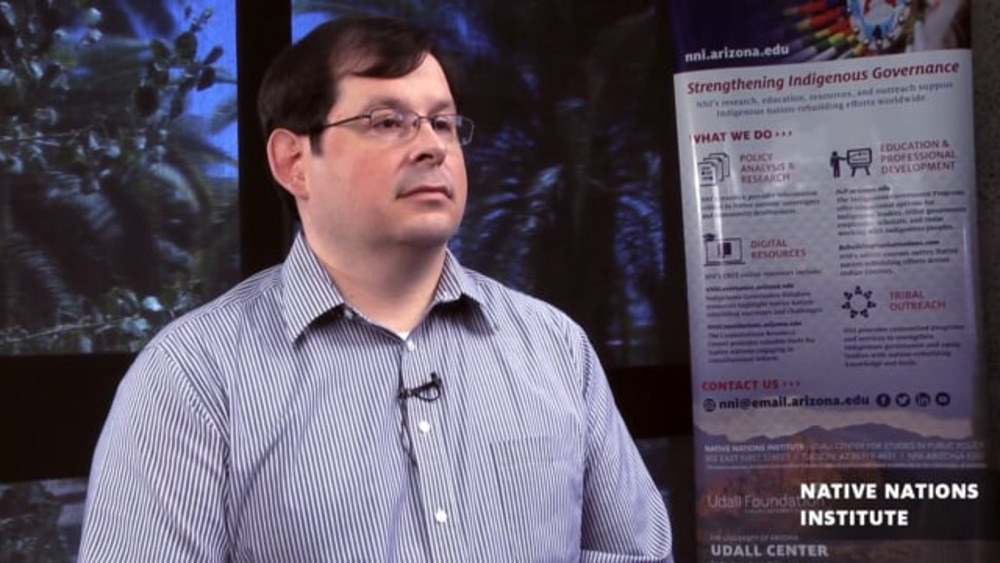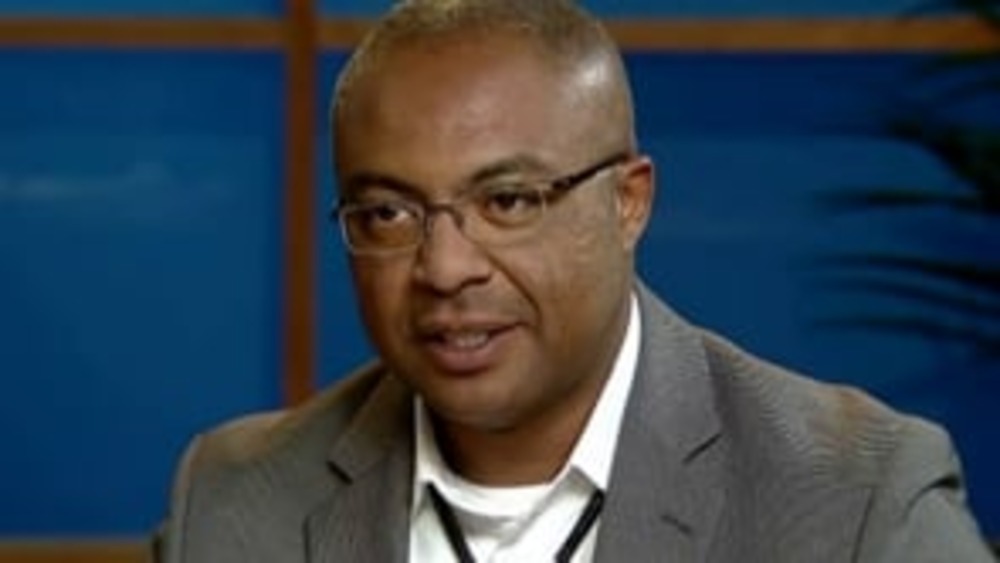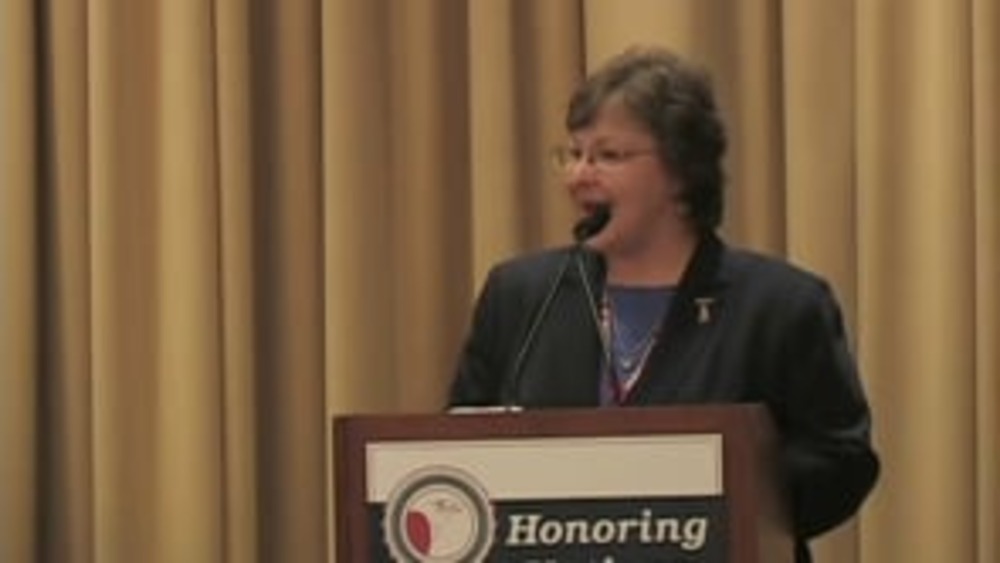Indigenous Governance Database
Wayne Ducheneaux

Blood Quantum and Sovereignty
"Blood Quantum and Sovereignty" is a beginner-level conversation focused on why blood quantum is controversial, as well as how it came to be used as an enrollment and citizenship criteria for Native nations. Produced and recorded by Native Governance Center on March 30, 2022. Featuring: Wayne…

Wayne Ducheneaux: Working with Indigenous Governance
Wayne Ducheneaux II (Cheyenne River Sioux Tribe) sits down with Native Nations Institute to discuss his array of experiences working for the Cheyenne River Sioux Tribe and in the work toward helping other Native Nations efforts with indigenous governance. A former Tribal Administrative…

From the Rebuilding Native Nations Course Series: "What Effective Bureaucracies Need"
Native leaders offer their perspectives on the key characteristics that Native nation bureaucracies need to possess in order to be effective.

From the Rebuilding Native Nations Course Series: "Clarifying Roles and Delegating Responsibility"
Native leaders discuss the need for Native nations to define the distinct roles of elected leaders and administrators, and the importance of leaders delegating responsibilities to those appropriately charged with day-to-day administraion.
